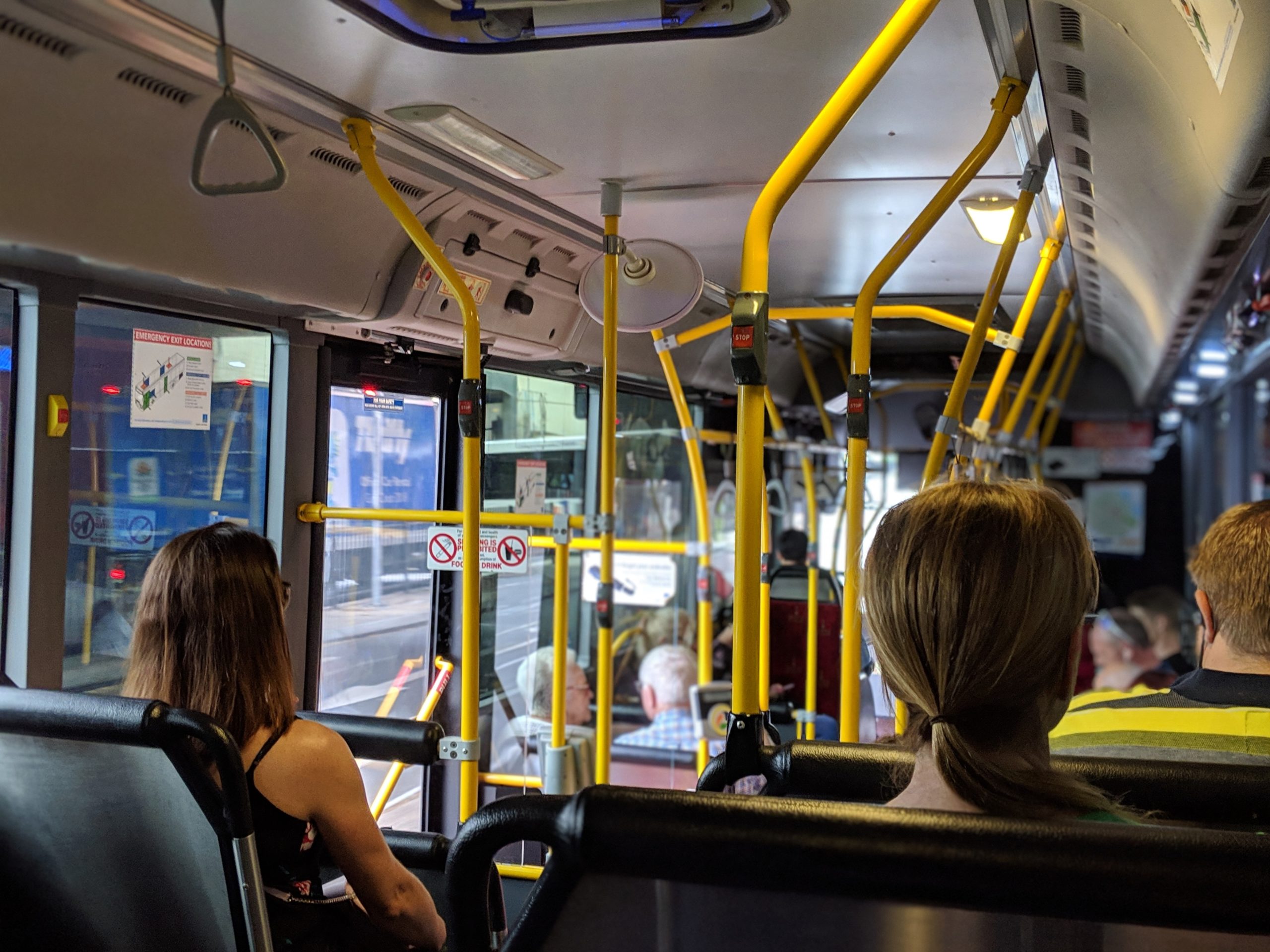OpenMove has launched Bluetooth validation in Trentino, being the first example in Italy on a regional scale and among the first in Europe.
The OpenMove app is the tool of the “OpenMove Suite” mobility platform dedicated to end users. The app in Trentino is used by more than 100,000 customers and allows travelers to plan an intermodal journey leveraging on the entire local public transport network in the province of Trento (including urban and suburban buses, cableways and regional trains), browse timetables and purchase travel tickets with a single tap and then validate them when boarding the vehicle.
Starting from Monday 5 December, a selected group of users had access to the Bluetooth validation feature across over 700 vehicles operated by Trentino Trasporti, on top of the other validation methods already in use such as framing the QR code on board the vehicle and scanning the NFC tag. After the first weeks of testing, the functionality will be extended to all users of the OpenMove app.
Thanks to Bluetooth technology, the new feature allows users’ smartphones to automatically detect the vehicle they have boarded, making the user experience even more seamless. Facilitating access to public transport is crucial in the promotion of the modal shift towards public transport: compared to the private car, public transportation suffers from a perceived lack of attractiveness because it is often a challenge to plan the trip in advance, find the bus stop or train station and then buy the ticket.
The OpenMove app with integrated journey planner, timetables and tickets at hand, allows for seamless multimodal journeys to be possible and to break down many access barriers to public mobility.

Engaging in a new validation method such as Bluetooth ensures that the momentum gained from using cutting edge technology is maintained. It is more convenient for users, allows for faster boarding at bus stops or railway stations and improves the value of data for the transport operators which helps them keep abreast of mobility flows in real time. The goal of OpenMove is to allow easy, immediate and seamless access to intermodal mobility – as simple as it is to get into a car and turn the ignition key.
Bluetooth validation is just one of the technologies with which it is possible to validate a transport ticket. The OpenMove platform is in fact agnostic in terms of validation technologies. The OpenMove Suite, in fact, featuring a real Account Based Ticketing system, can offer both the “direct” and “reverse” validation paradigm, just as described in the ISO/TR 20526:2017 document. The direct paradigm is the traditional one, in which the active validation element consists of a traditional validator installed on board the vehicle or at the station. On the contrary, the inverse paradigm dictates that the active validation element is the user’s smartphone (which acts as a ticketing media), thanks to the device’s ability to acquire the validation data and communicate it to the central system. The ability to manage both scenarios within a mobility platform represents the state of the art in Automated Fare Collection, as well as an important requirement to enable a MaaS project in a territory.
OpenMove has decided to implement this innovation in the smartest way possible, both for the transport operator and for the ridership: the smartphone communicates with the on-board hardware already present and therefore it is not necessary to install additional devices. In the event that the devices on board do not allow it, there is always the possibility of installing simple battery-powered beacons that emit the Bluetooth signal necessary for validation. These devices enable to log ticketing waypoints even without actions by the travelers, enabling a hands-free travel experience.
The possibility of managing both Bluetooth validation approaches (leveraging on beacons or signals emitted by devices already present on board the vehicle) once again proves the flexibility of the OpenMove Suite in its modular and agnostic approach to specific technologies for the validation process.
The continuous improvement of the user experience, in line with the customer-centric perspective that has always distinguished the company, and the opportunity of implementing a Living Lab in the Trentino area in which to experiment with new products are the two conditions that made this project possible.
The future scenarios are even more exciting, for example the Be-in / Be-out scheme without any action from the user when boarding the vehicle, “best fare” logics, gamification with optional rewards and extension also to other transport modes. A further possibility offered by the OpenMove Suite is to enable both scheduled transport schemes and on-demand transport schemes in a completely integrated and seamless fashion, adapting the mobility landscape to the needs and expectations of modern users.
The numbers of OpenMove in Trentino are constantly increasing, with more than 100,000 registered users who perform over 2.5 million trips per year with the help of the app which has the highest reviews in its category in Italy.


